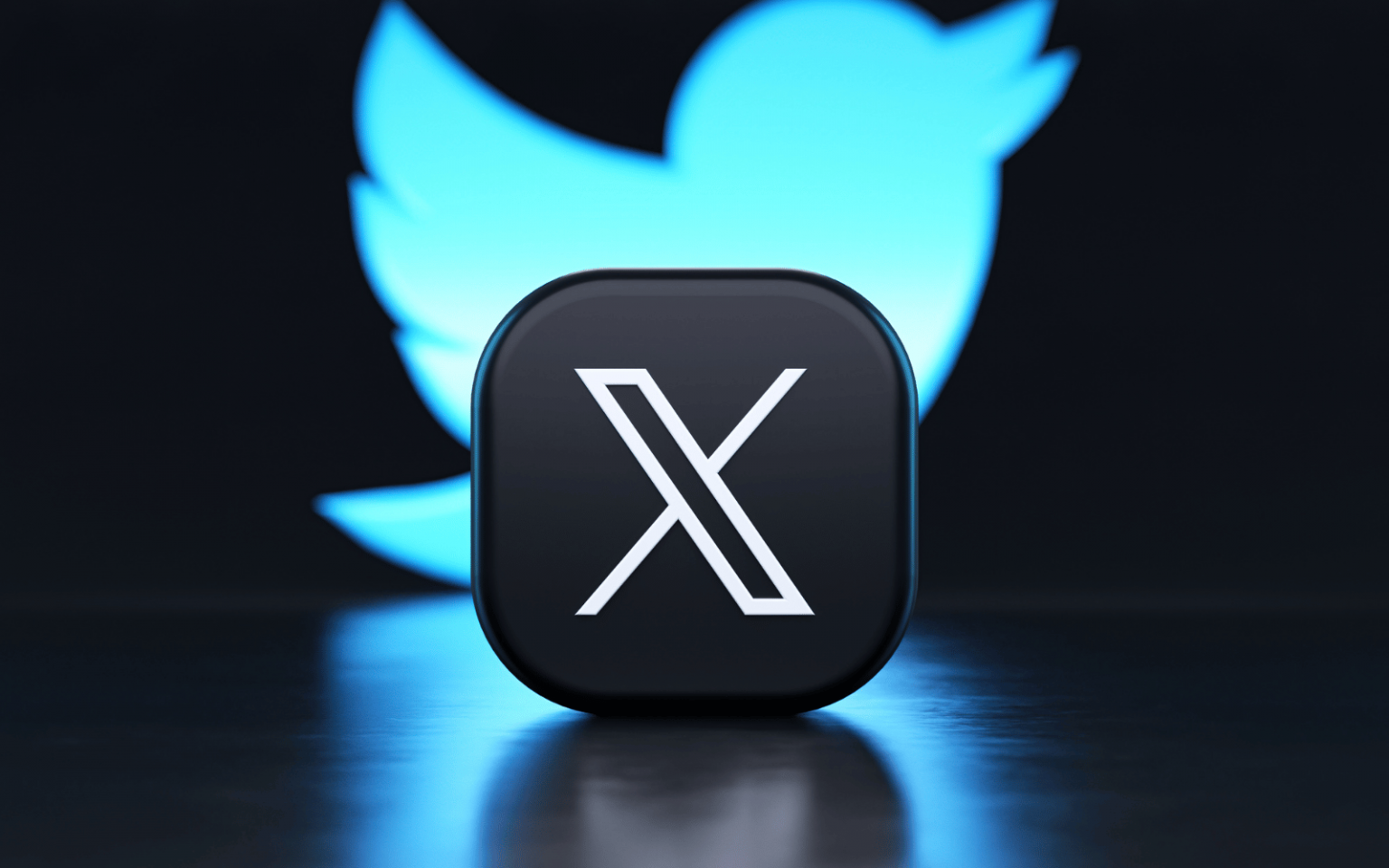Cambridge Dictionary picked “hallucinate” as its word of the year for 2023. It’s not a throwback to the acid-popping sixties, but the bizarre choice for when this new generation of AI chatbots, well, makes shit up. But, as Naomi Klein wrote in May, “Why call the errors ‘hallucinations’ at all? Why not algorithmic junk? Or glitches?” I can‘t agree more. Talk about cultural appropriation. The hippies would sue if they, well, like, were able to get it together after all these years. Hallucination, says Klein, refers to the “mysterious capacity of the human brain to perceive phenomena that are not…
Author: Toby Shapshak
After whistleblower Frances Haugen revealed how Facebook, now Meta, knew about the dangers to teenager’s mental health using Instagram, it continued to “prioritise profit over safety”. The social media giant claimed otherwise, and that these results in the picture-sharing app were unintentional. But several new court cases filed by the US government, and more explosive whistleblower testimony to US Congress, argue that Facebook “intentionally” designed “manipulative features that make children addicted to their platforms while lowering their self-esteem”. The latest revelations follow the latest court case brought by the US government to hold Meta accountable for knowingly harming the mental…
Google pays Apple a whopping 36% of the advertising revenue it generates from its deal as the exclusive search engine for Safari. This gobsmacking revelation was made last month in the US government’s anti-monopoly court case against Google – which both Apple and Google have tried to keep from going public. University of Chicago economics professor Kevin Murphy, called by Google as its main economics expert, made the shock admission – over which the search giants’ lawyer John Schmidtlein was seen cringing. Oh dear, the cat is truly out of the bag now. “Probably the biggest slip of the entire…
Not since the valiant Ukrainian soldiers on Snake Island swore at a Russian warship, has the phrase “go fuck yourself” reverberated so loudly around the world. This time, it was Twitter/X.com owner Elon Musk saying it – not to a warship that threatened to bomb the soldiers (who it turns out were taken hostage) – but to the source of his business’s revenue. As a way to draw attention to himself and make him the centre of that attention – like going to Israel to the site of a massacre, but not apologising for an antisemitic tweet – it has…
Roaming on cellular data overseas can be a painful and costly experience. Most people, burnt by bill shock, have found alternatives – like using free Wi-Fi hotspots or buying local SIM cards. Both have their advantages and disadvantages. Free Wi-Fi is, well, free. But it is hardly secure and can easily be used to syphon off your passwords and other personal details. If you are using free public Wi-Fi, you should always be using a VPN. Read More: A VPN is a crucial addition when travelling – Here’s why and which to consider Buying a SIM is just technical enough…
One of the most useful travel tricks I have discovered over the last few years (except for all of 2022 and 2021) is Google Maps’ offline maps. This setting lets you download maps for cities and countries to your smartphone and use them while travelling. As much as I have now solved my travel connectivity through that clever KnowRoaming.com services and its eSIMs, there is no point downloading the maps themselves when you can save them offline. But it’s a waste of cellular data to be pulling the data down when you can preload it using Wi-Fi, which is what…
Although late to the chatbot party, Amazon has unveiled a newcomer in the artificially intelligent space called Q. Unlike ChatGPT, Amazon’s attempt is aimed at Amazon Web Services (AWS) business customers, using their own data securely. “We think Q has the potential to become a work companion for millions and millions of people in their work life,” AWS CEO Adam Selipsky told The New York Times. Enter Q https://youtu.be/1r3MVD1xVRk AWS is the largest cloud computing provider, followed by Microsoft’s Azure, which calls its own AI offering Copilot. This is based on OpenAI’s GPT-4 and Microsoft’s 49% shareholding through its $13…
Surprise, surprise. NFTs, or non-fungible tokens, are now worthless. Hands up who didn’t see that coming? Let’s recall that an NFT is a digital thing – in this case an image – that could still be replicated and copied but for which the owner, held the artwork’s letter of authenticity via a token on a blockchain. For a short while some entrepreneur so-called creators (of questionable artistic merit, let’s be honest) made some mediocre digital art and made millions of dollars. Good for them. The Bored Ape Yacht Club is the greatest example of this mind-boggling trend where fictitious art…
By amplifying an antisemitic conspiracy theory, Elon Musk has arguably killed off X.com, the once-thriving social platform formerly called Twitter. But because he’s in such an ivory tower – and convinced of his own rectitude – he doesn’t realise how far his arrogance and impulsiveness have taken him over the edge. Last week when Musk retweeted this nonsense and claimed it is “the actual truth” – he crossed a line that Twitter will never recover from. Having already halved its value from the $44 billion he paid for it last October, Musk has effectively wiped out the rest. Twitter makes…
After five days of turmoil at the poster child of artificial intelligence, OpenAI has rehired CEO Sam Altman after unexpectedly – and inexplicably – firing him. All those people who have come to rely on ChatGPT for its advice can relax, the generative AI company will not implode – as it seemed likely to just a day ago. The four-person board that fired him for not being “consistently candid” in communicating with it – whatever that means, and still hasn’t been revealed – has itself been ousted, bar Quora CEO Adam D’Angelo. Altman returns “We have reached an agreement in…










